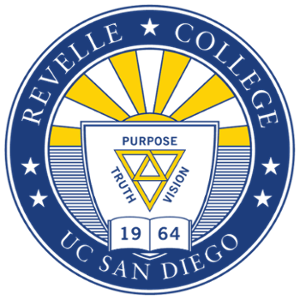Study Skills
Studying in small study groups is highly recommended. Other students may have picked up different points from the reading or lecture and as a study group you can assist each other by pointing out and discussing these differences. Student who participate in study groups statistically do better than those who study alone.
Find others on your floor or in your building who have the same class and work together to succeed!
Lecture
- Do the assigned reading before the lecture. You will be able to listen and take effective notes more easily and with greater understanding.
- Look for the structure of the lecture. Understanding the way the information is organized will help you take more organized notes.
- Look for the main point of the lecture. Professors often make their main points clear by emphasizing them in some way. Listen for information that is repeated, written down, or stressed vocally. A professor's voice may get louder or softer, higher or lower, or the rate of speech may change when presenting important information. The information is probably important if it is listed or numbered. Pay attention to the nonverbal clues such as hand gestures and pacing back and forth in presenting key ideas.
- Review your notes as soon as possible after class. Fill in any spaces purposely left blank, and underline words containing main ideas.
Reading
- Preview the chapter you are about to read. Look at the title, introduction, major headings and subheadings, summary, illustrations, charts, glossary, and review questions. Become familiar with the overall structure of the chapter you are about to read.
- Ask yourself questions based on your quick review. For example, if the title for a chapter in a psychology book is "Types of Motivation," ask yourself, "What are the different types of motivation?" Questions will provide a focus and a purpose for your reading.
- Carefully review illustrations. Students often make the mistake of giving illustrations or charts just a perfunctory glance, yet visual illustrations may stay in your memory more clearly than the written word.
- Set reading goals. Divide your reading assignments into manageable units and read only a given amount in any one sitting. Plan to read and review daily. Do not let the reading pile up.
- Use review questions at the end of the chapter as a study guide. Remember, if the author took the time to write the questions, they must contain important concepts that are helpful to know and understand.
